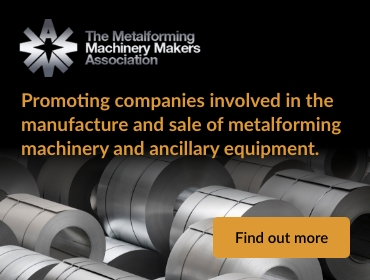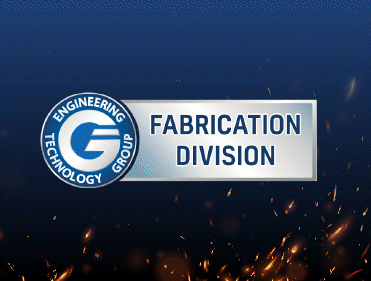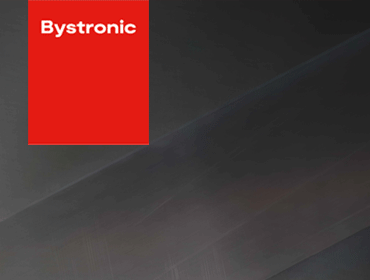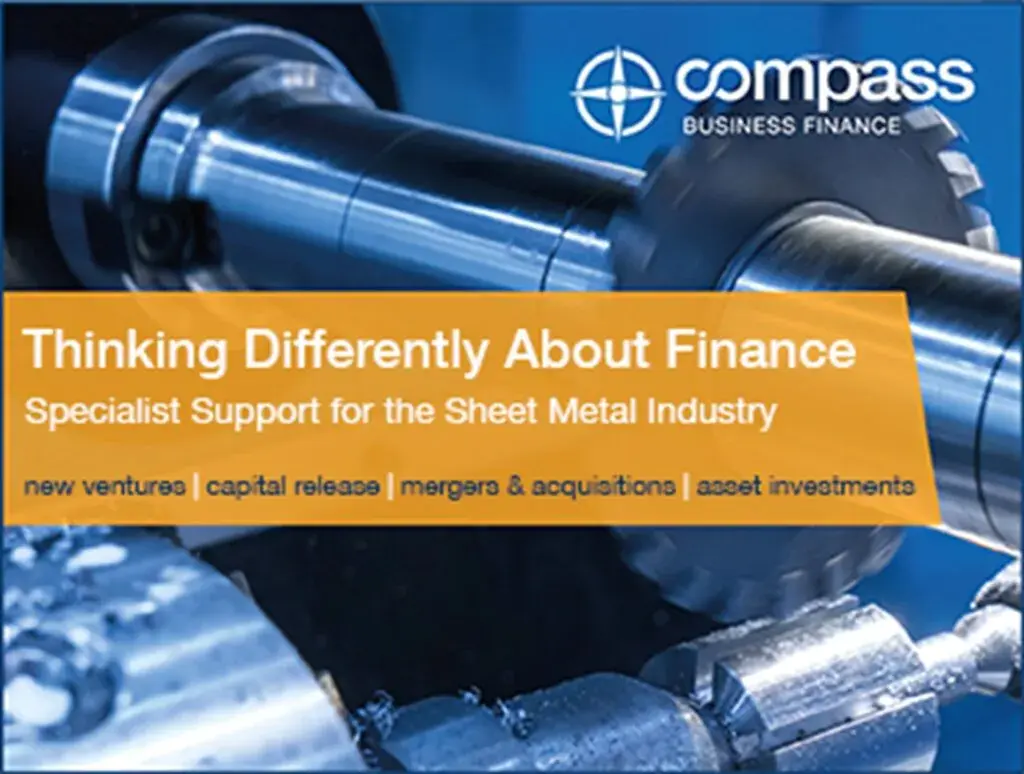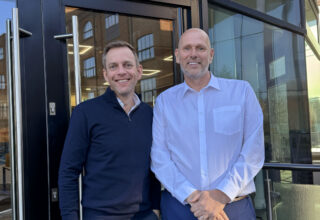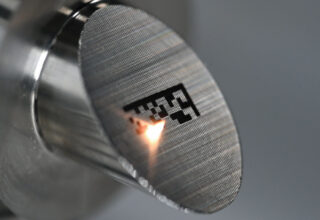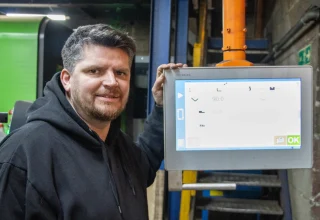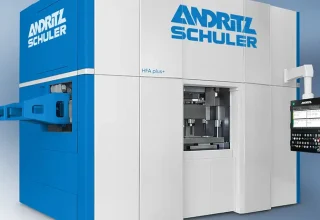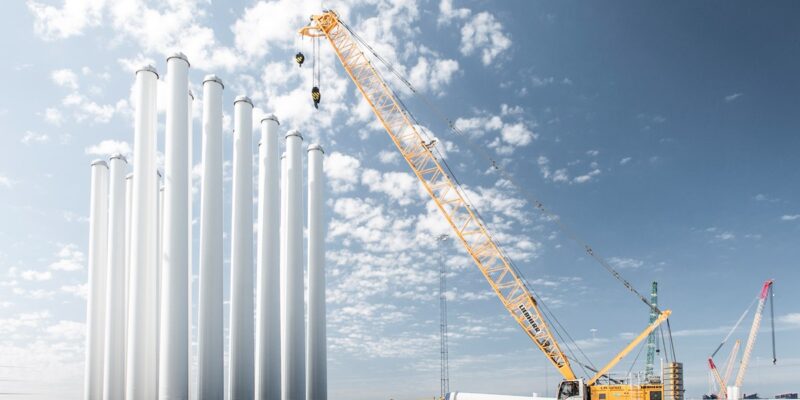
A low carbon-emissions steel production partnership between Vestas and ArcelorMittal will make its first delivery of XCarb® recycled and renewably produced heavy plate steel to an offshore wind farm, built by Baltic Power in Poland.
Vestas, the energy industry’s global partner on sustainable energy solutions, has established a partnership with ArcelorMittal to launch a low carbon-emissions steel offering that significantly reduces the lifetime carbon dioxide emissions from the production of wind turbine towers.
The low carbon-emissions steel is produced using 100% steel scrap which is melted in an electric arc furnace powered by 100% wind energy at the ArcelorMittal steel mill, Industeel Charleroi, in Belgium. The steel slabs are then transformed into heavy plates used for the manufacture of wind turbine towers, at ArcelorMittal’s heavy plate mill in Gijón, Spain. These heavy plates, made with XCarb® recycled and renewably produced heavy plate steel, are initially suitable for the entire onshore wind turbine towers and the top section of offshore wind turbine towers. The low carbon-emissions heavy plate steel has an Environmental Product Declaration (EPD), certified by an independent party, detailing the complete environmental footprint of the product, and allowing easier comparison between products. ArcelorMittal is the only steel producer to produce low-carbon emissions heavy plate steel in large dimensions (up to 18 tonnes), minimising the need for welding and associated CO₂ emissions.
By utilising low carbon-emissions steel in the top two sections of an offshore tower, this emissions reduction translates to a 25% reduction in emissions compared with a tower made from steel produced via the conventional steelmaking route. For an entire onshore tower, the CO₂ reduction is at least 52%.
Commitment from Baltic Power wind farm
Steel and iron constitute 80-90% of a wind turbine’s material mass, and approximately 50% of a turbine’s total lifecycle emissions. With the partnership with ArcelorMittal, Vestas has taken an important step forward to reduce CO₂ emissions occurring in its supply chain and can achieve a 66% decrease in emission intensity per kg steel compared with steel made via the conventional steelmaking route.
Even though the low carbon-emissions steel is not yet a standard offering from Vestas, the first project using low carbon-emissions steel will be the Baltic Power offshore wind farm off the coast of Poland. During 2025, Vestas will start the construction of the offshore wind farm, expected to generate up to up to 1.2 GW and ultimately supply clean electricity to more than 1.5 million households in Poland. Vestas will supply, install, and commission 76 V236-15.0 MW wind turbines for the Baltic Power project. Around 52 towers out of 76 will be made with low carbon-emissions steel.
Dieter Dehoorne, Head of Global Procurement at Vestas, says:
“Finding ways to decarbonise the emissions produced during the raw material extraction and refinement of steel is vital for us and the industry in general. Vestas sees the partnership with ArcelorMittal and the adoption of low-emission steel as a significant lever in reducing CO₂ emissions within the wind industry. Commitment from our customers is vital to drive the transition so we are very happy that we can provide value to our customers with this solution. The Baltic Power project stands as a solid example of this progress, having secured the first order and affirming the delivery of substantial value to our customers.”
Laurent Plasman, CMO Industry, ArcelorMittal Europe – Flat Products, says:
“This partnership sends a strong message that it is possible today, to start building the renewable energy infrastructure needed in Europe, with low carbon-emissions steel made with a European supply chain. Having a strong partnership throughout the supply chain is vital to achieve this, so we would like to thank Vestas and Baltic Power for their vision in using XCarb® recycled and renewably produced steel in this important offshore wind project. With stronger public policy support for the use of low carbon-emissions steel in the building of renewables infrastructure, this project could be the first of many to provide wind energy for homes and industry across Europe.”
Jarosław Broda, CEO Baltic Power, says:
“As the first offshore wind farm in the world to utilize low-emission steel, Baltic Power, a joint venture between ORLEN and Northland Power, is pioneering a sustainable future in the renewable energy sector. Being the largest investment in renewable sources in this part of Europe, our project is setting new benchmarks. The use of low-emission steel from Vestas and ArcelorMittal in our wind farm underscores our commitment to innovation and environmental stewardship. We are proud to lead the way in transforming Poland’s energy landscape as we progress towards completing the construction by 2026.”


